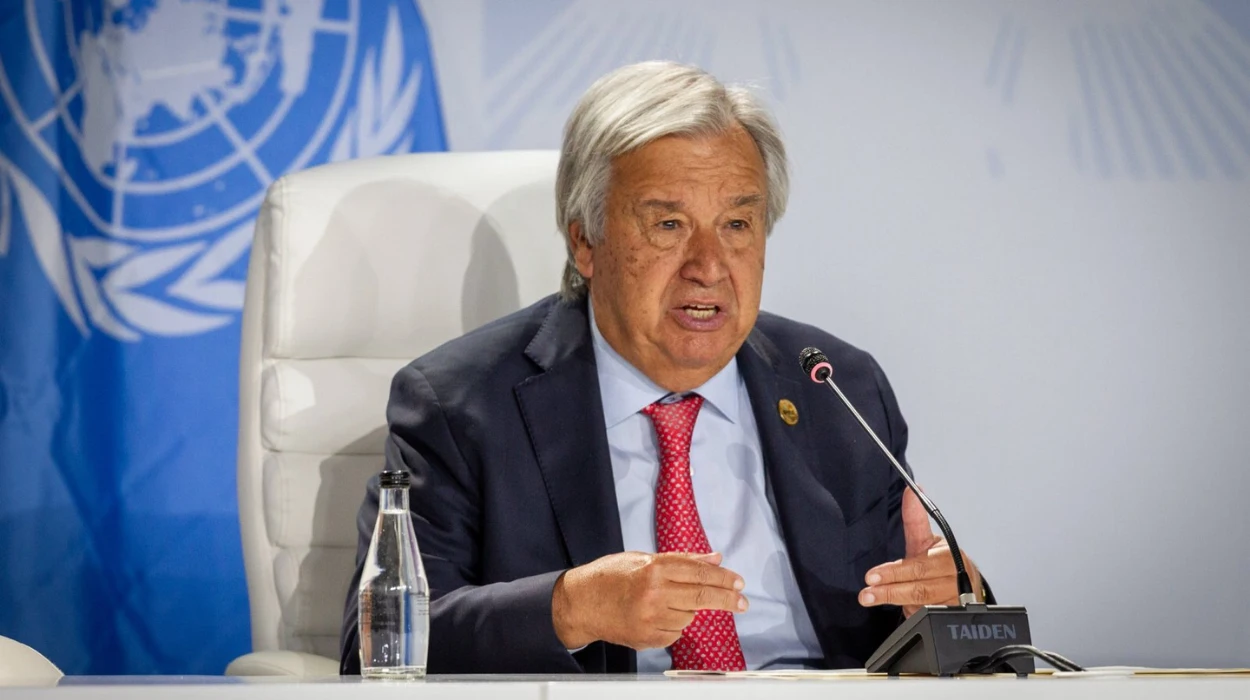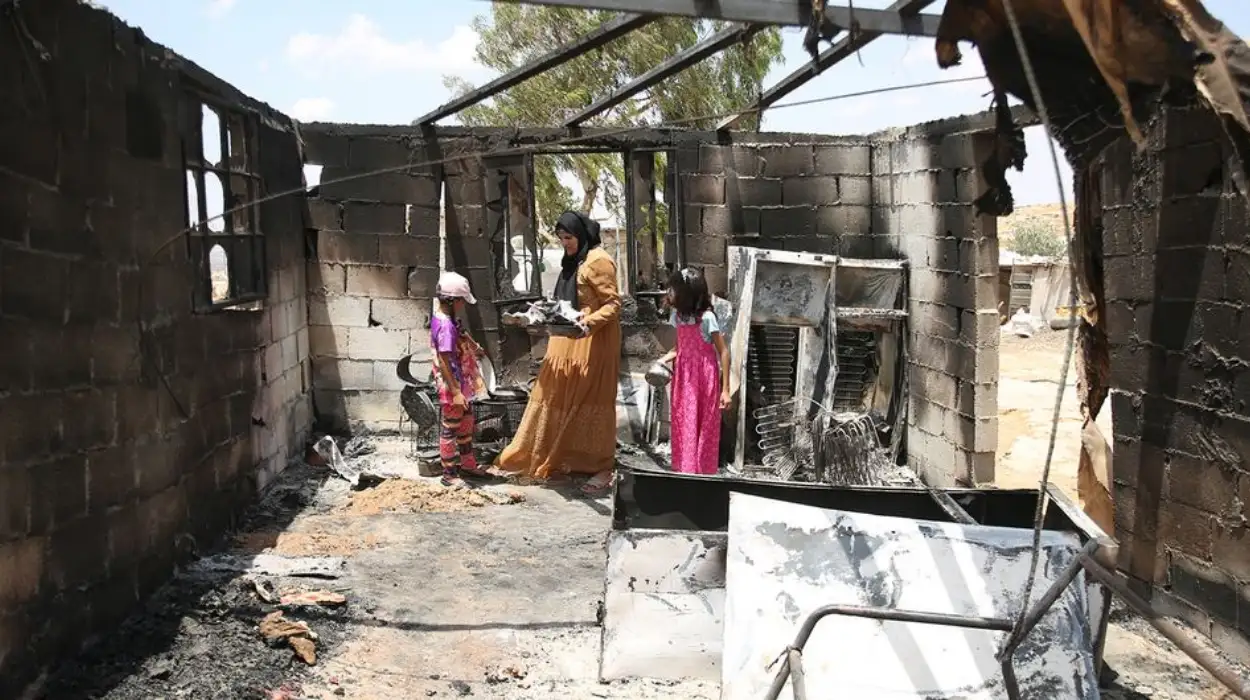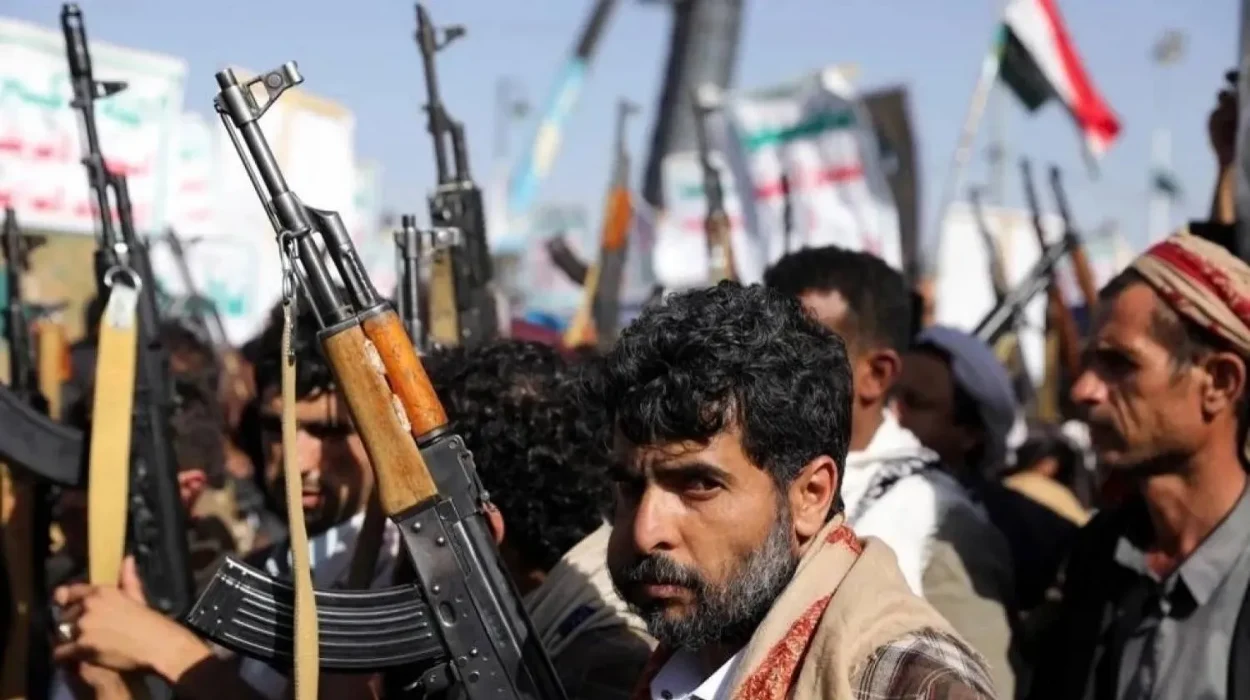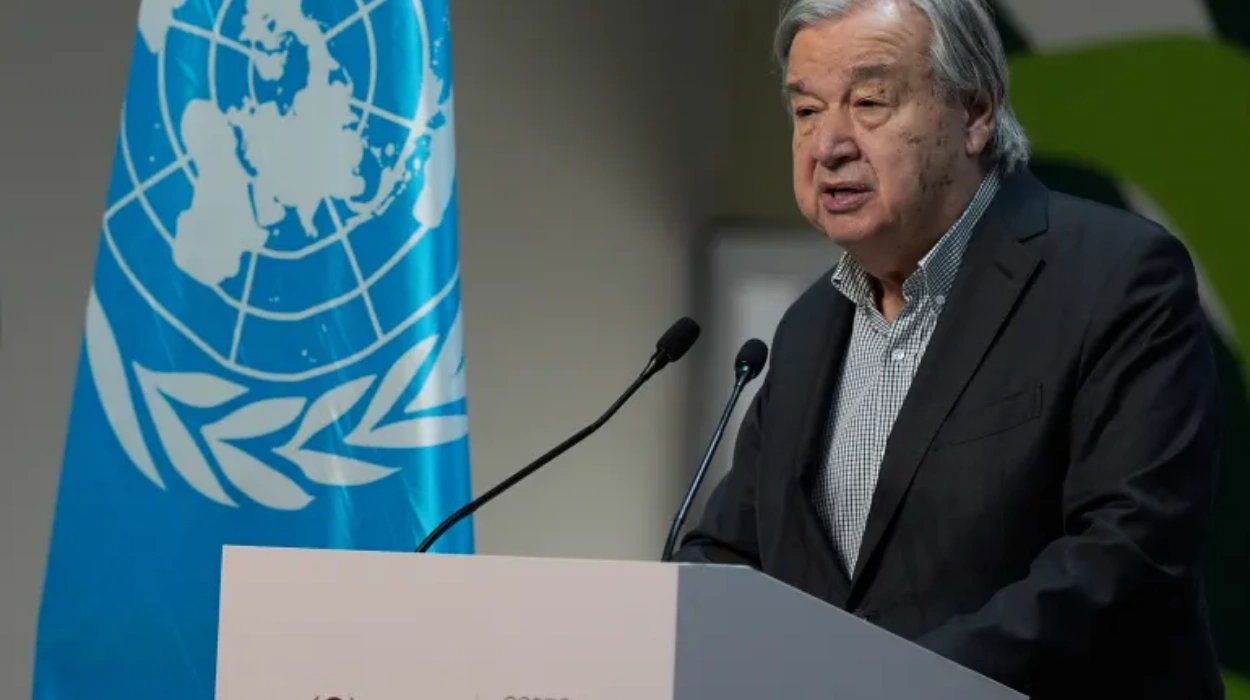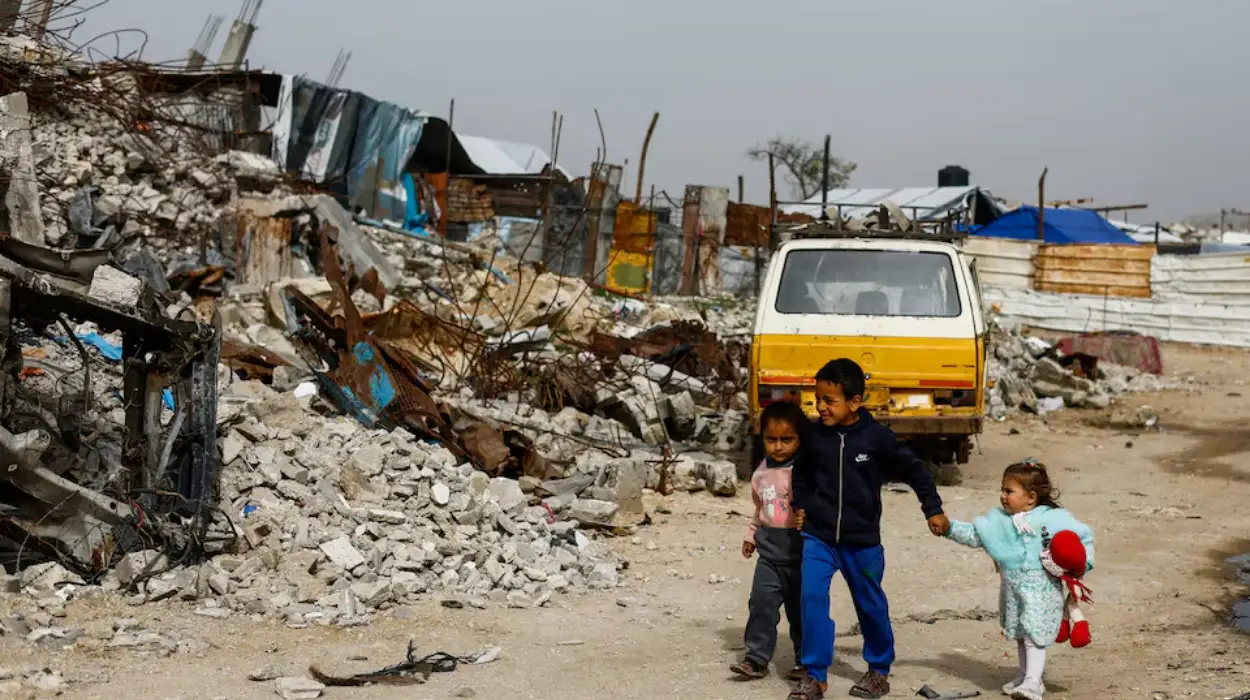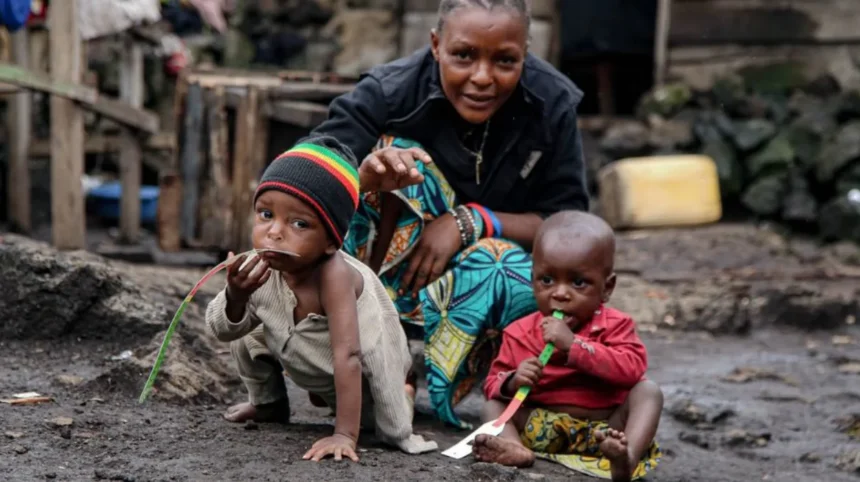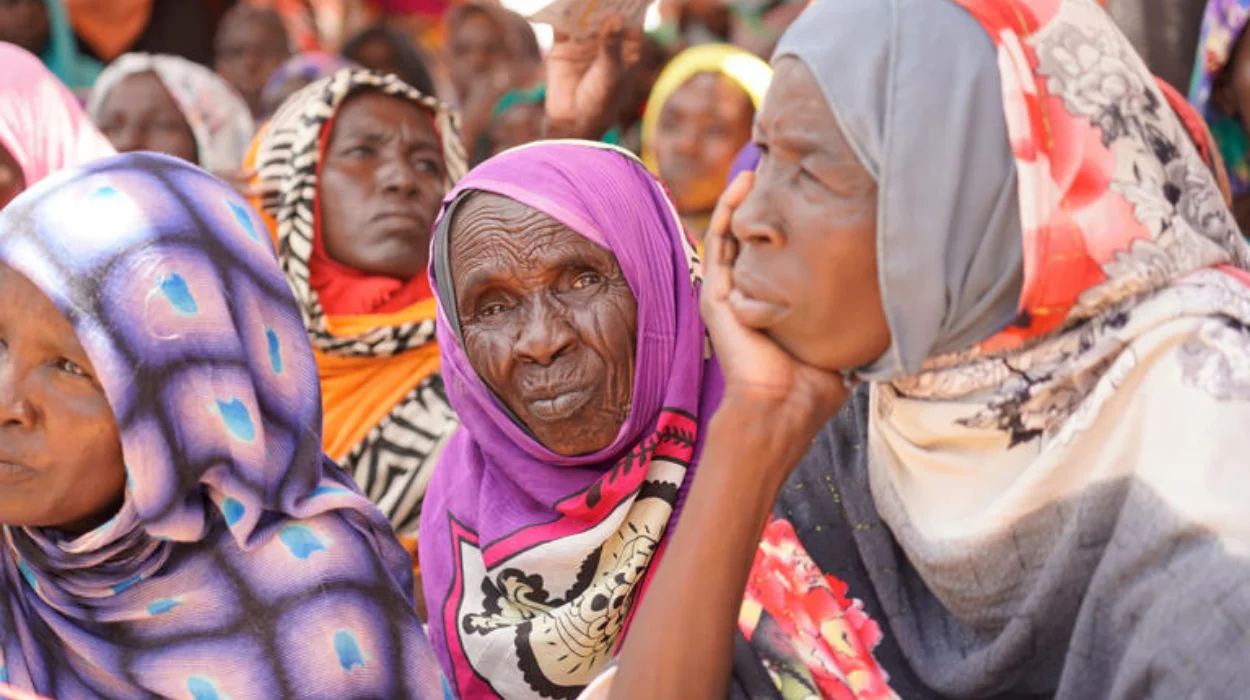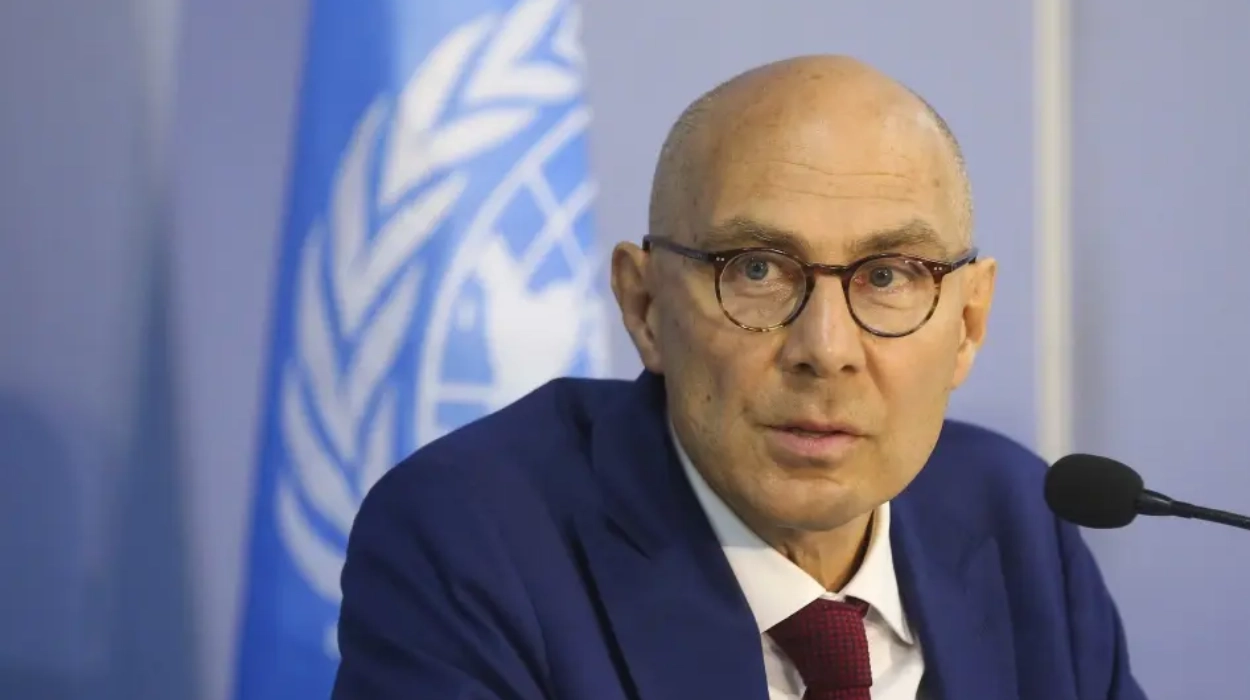The eastern region of the Democratic Republic of the Congo (DRC) is faced with intense insecurity stemming from the proliferation of armed groups, persistent waves of intercommunal violence, and external interventions that complicate and frustrate diplomatic and regional efforts to stabilize the situation. In January 2025, the UN Security Council was briefed on these developments and recent diplomatic efforts by both the DRC and neighbouring Rwanda, including the Declaration of Principles facilitated by the Qatari and U.S governments and alluded to the unsuccessful regional peace processes. Since the release of the report in October 2025, we have seen an increase in attacks from armed groups, including the M23 rebel faction, the Allied Democratic Forces (ADF, a Ugandan militia), the Congo Rivers Alliance, and other militias, leading to civilian casualties, internally displaced people (IDPs) in the millions (approximately 5.9 million), and human suffering (United Nations45, 2025; African Union41, 2025).
The eastern provinces, especially North Kivu and South Kivu, have experienced periods of violence where territory is often gained and lost amid offensives and counter-offensives. The violence since April 2025 escalated alarmingly as the M23 rebels seized towns such as Minova and Sake and then threatened Goma, the regional capital.
The Security Council’s resolution 2773 (2025), adopted unanimously in February, explicitly condemns these offensives and calls for cessation of violence, withdrawal of foreign armed groups, and protection of civilians. Nevertheless, persistent incursions and abuses, including widespread sexual violence, child recruitment, and attacks on humanitarian workers, underscore the challenges facing any path to durable peace.
Diplomatic efforts amid ongoing violence: Regional and international initiatives
Recent months have seen concerted diplomatic efforts striving to restore peace and stability, including facilitation by the U.S. and Qatar of foundational agreements between the Congolese government and armed groups. Notably, the May 2025 peace agreement between the DRC and Rwanda, brokered by the U.S. Secretary of State Marco Rubio, aims to normalize bilateral relations and address proxy militia support that has fueled conflict. The African Union’s Peace and Security Council (PSC) also convened emergency ministerial meetings—like its 1256th session in January 2025—underscoring regional urgency and facilitating conflict resolution dialogues (African Union, 2025).
Despite these diplomatic strides, challenges persist. The efforts grapple with deep-seated mistrust between conflicting parties, territorial disputes, and the embedded presence of foreign mercenaries, whose support prolongs hostilities. Renewed offensives by the M23 and ADF, and the involvement of external actors such as the Rwandan Defense Forces supporting rebel factions, further complicate the security landscape. Diplomatic negotiations remain fragile, vulnerable to violations on the ground, and hindered by divergent interests of neighboring states and international powers.
Security Council members have called for the respect of sovereignty, cessation of all foreign military support to armed groups, and adherence to ceasefires, while commending facilitators like Angola, Chair of the International Conference on the Great Lakes Region (ICGLR), for mediating dialogue. However, the gap between diplomatic commitments and actual peace remains wide, indicating the need for multidimensional approaches integrating security, governance, justice, and economic development.
Humanitarian crisis: The toll of prolonged conflict on civilians
Lingering instability in the eastern DRC has resulted in one of the most severe humanitarian crises in the world. There were over 5.9 million internally displaced persons at the peak of the crisis in 2025. The crisis is manifested by mass displacement, food insecurity, limited access to basic health care, and disruptions to education. UN Reports denote that the extensive violence has led to extensive destruction of homes and health infrastructure leaving humanitarian actors unable to deliver crucial humanitarian assistance and vital services safely (United Nations, 2025).
Women and children are increasingly subjected to abuses related to the conflict: sexual based violence and gender based violence used as weapons of war; the forced recruitment of children to join armed groups; and increased psychological trauma. Humanitarian workers have been increasingly targeted by armed groups and armed actors, which has exacerbated efforts to provide relief. The insecurity threatens to deepen malnutrition and disease outbreaks, derailing the forward momentum development is attempting to achieve and putting generations at risk.
Gender based violence has been amplified in discussions at the Security Council. Urgent measures to protect vulnerable populations and improve accountability mechanisms targeting sexual violence perpetrators are preferred to be looked upon. International actors and regional actors alike have insisted on the need to prioritize the protection of civilians as a priority in peace building and conflict mitigation strategies going forward (African Union, 2025).
MONUSCO and the changing security dynamics
The United Nations Organization Stabilization Mission in the Democratic Republic of the Congo (MONUSCO) has played a key role in the international community’s efforts to stabilize the DRC, particularly given the ongoing persistent and inseparable conflict in the eastern regions. Established in 1999, MONUSCO’s extensive mandate focused on the many facets of protecting civilians, including supporting the restoration and strengthening of state institutions, facilitating humanitarian access in one of the most complex and enduring conflict sites in the world. However, the current security context in 2025 required reassessing MONUSCO’s mandate and operational vision in order to align with evolving facts on the ground.
On 20 December 2024, the UN Security Council adopted Resolution 2765 with unanimous backing, extending MONUSCO’s mandate until 20 December 2025. In the resolution, the UNSC has confirmed the troop ceiling for MONUSCO, which includes a maximum of 11,500 military personnel, in addition to observers, police and police units. The resolution expressly renewed the mandate for the Force Intervention Brigade (FIB), which are the missions offensive force under Article VII of the UN Charter, and continue to reflect principally the mission’s protection of civilians, the disarmament, demobilization and reintegration (DDR) of armed groups, and supporting security sector reform (SSR).
Despite a formalized progressive disengagement plan developed to proceed based on security conditions, and which initially involved MONUSCO withdrawing from part of South Kivu and a phased withdrawal from North Kivu and Ituri, the violence in early 2025 altered the timeline for this withdrawal, and MONUSCO has once again been pushed back into a frontline stabilization role. The M23 offensive beginning in January 2025 (as well as the increased attacks by other armed militias like the Allied Democratic Forces (ADF)) demonstrates that eastern DRC, through the ongoing resurgence of violence, remains a very volatile environment that has relocated expectations around and rationales for the phased drawdown.
To respond to the new conflict dynamic, MONUSCO and the DRC government have developed a joint and customized strategy to adapt to the changing conflict dynamics. This comprehensive approach includes a review of the mission’s geographic presence, operational priorities, and a flexible disengagement plan focusing on the stabilization of secured areas rather than rigid adherence to original withdrawal phases.
Recommendations and prospects for peaceful resolution
A comprehensive approach to addressing the multilayered crisis in the eastern DRC must adequately resolve interrelated security, justice, humanitarian assistance, and citizen participation in governance issues. Countless discussions at the Security Council, and numerous contributions from regional organizations, hierarchically emphasized ending hostilities by all armed groups immediately, withdrawing foreign fighters, and moving forward with peace accords—including the August 2024 Ceasefire and the Harmonized Plan for Neutralization of armed groups.
Accountability is crucial. Those who commit war crimes and crimes against humanity should be punished via either national accountability mechanisms or employed by international accountability measures. The Security Council can assist in this aim by renewing sanctions regimes for particular armed factions and launching additional fact-finding and monitoring efforts.
Diplomatic engagement from the US, the African Union, ICGLR and all relevant actors should continue with urgency, and international donor humanitarian assistance should improve and be unpoliticized. Assisting the Congolese to develop a significant security apparatus and independent judicial institutions should allow enough time to meaningfully stabilize the region and restore authority to the state.
Lastly, peace building in eastern DRC must be people-centered, addressing the grievances and needs of displaced populations, women, youth, and marginalized communities. By fostering economic development, reconciliation, and respect for human rights, the foundations for durable peace can be built.


